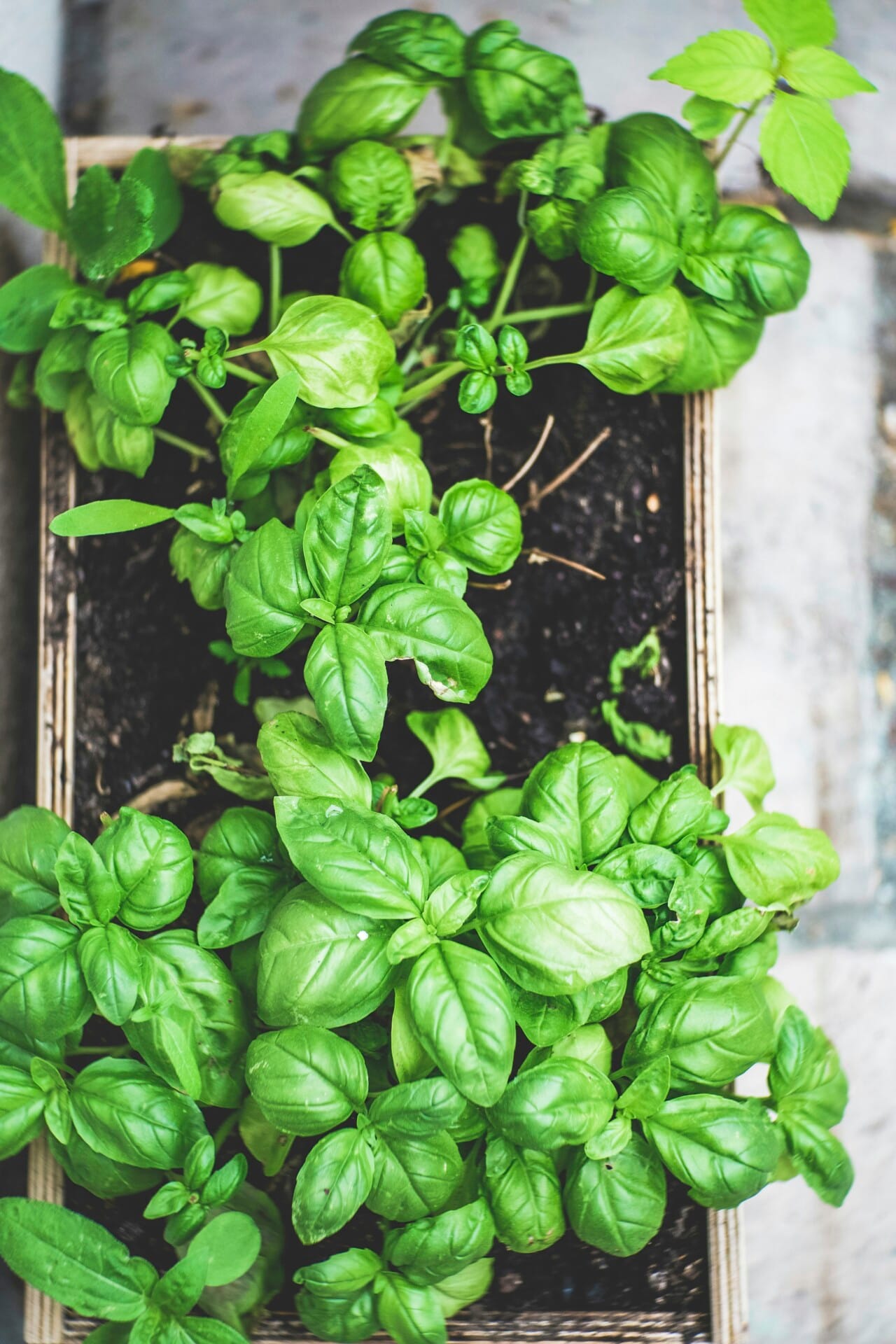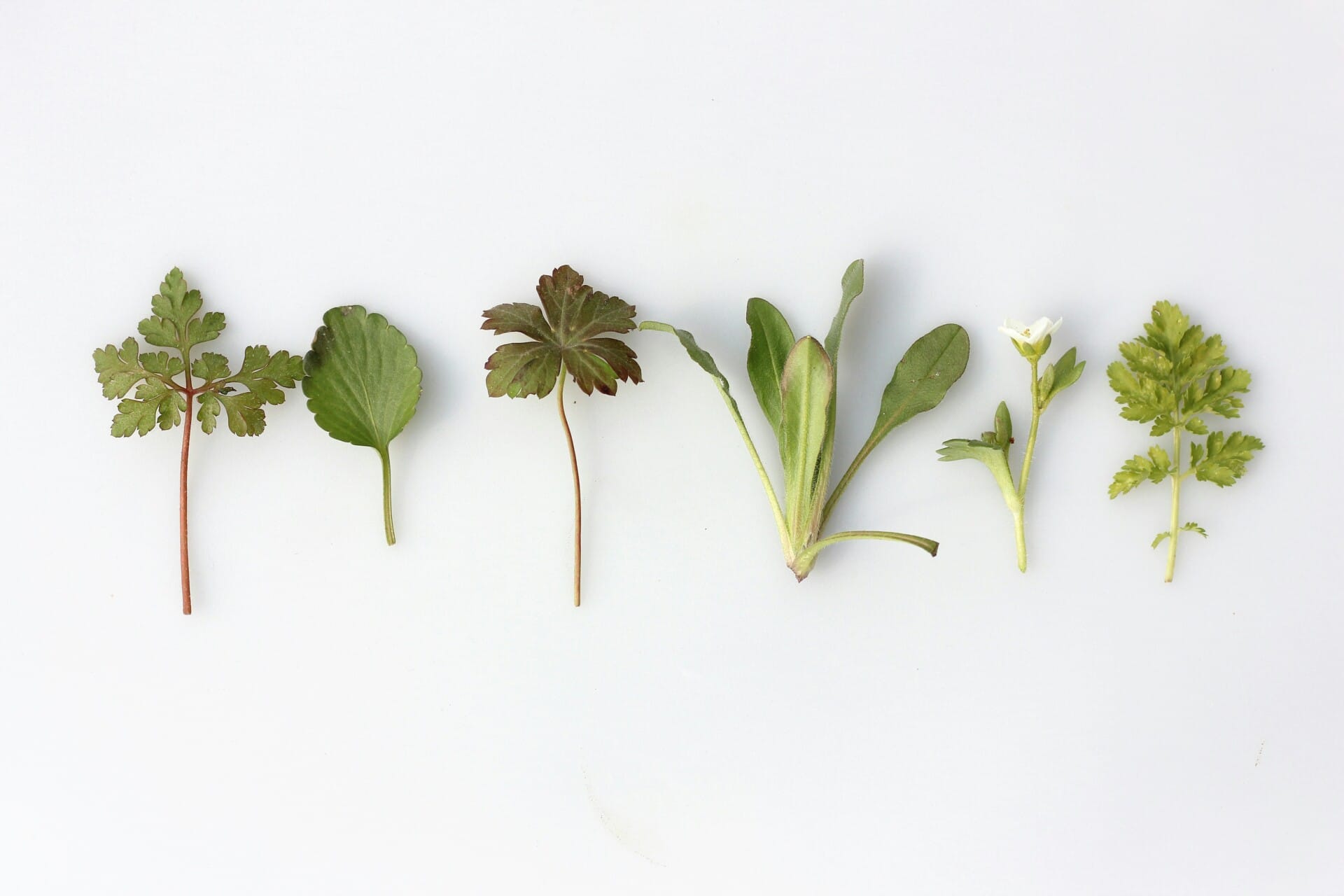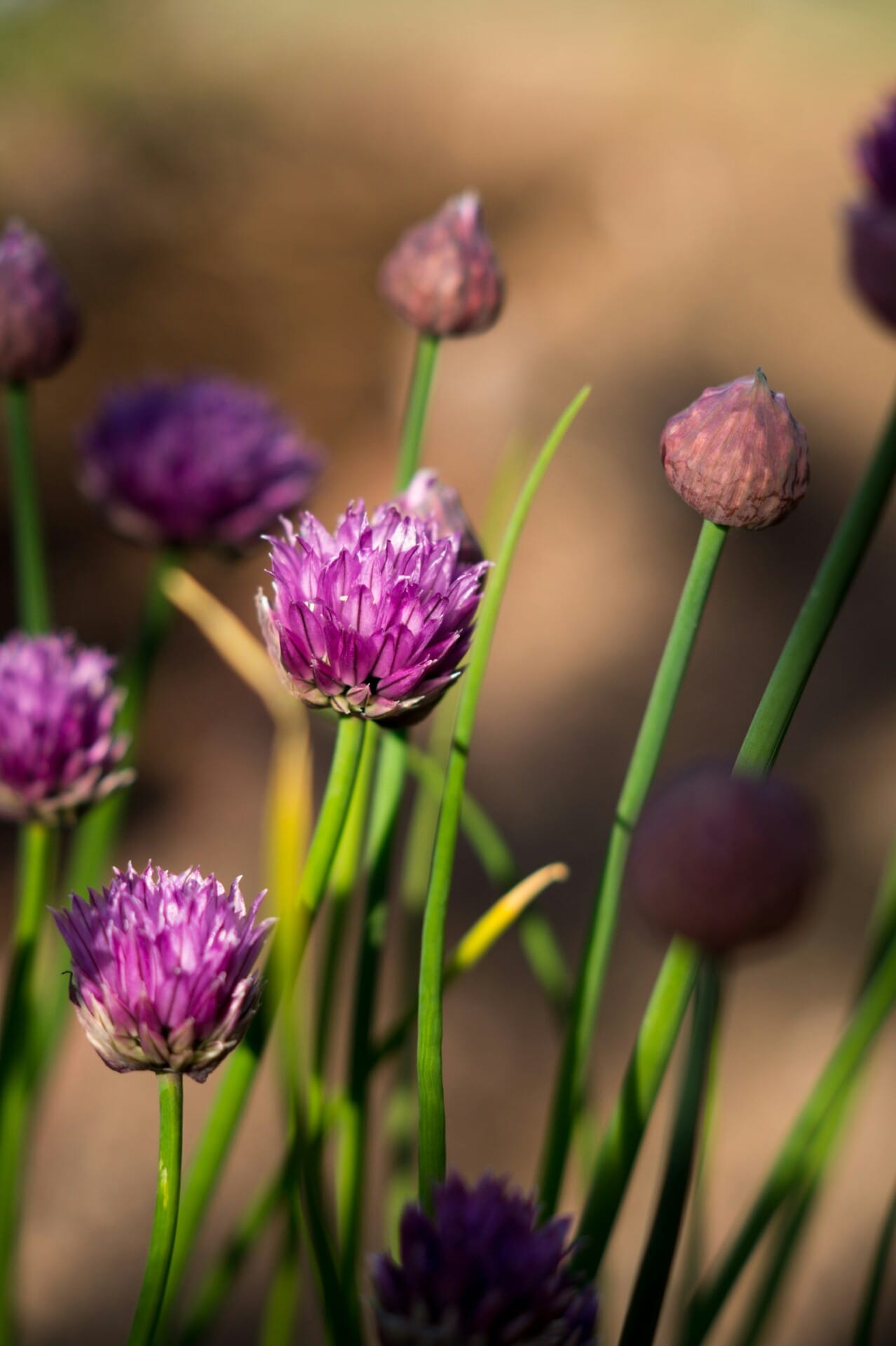Have you ever considered starting a rooftop garden but felt overwhelmed by the idea of growing herbs? Don’t worry; we’ve got you covered! In this article, we will discuss the easiest herbs for beginners to grow in rooftop gardens. With a little bit of knowledge and a lot of love, you’ll be harvesting your own fresh herbs in no time.

Get Started with Growing Herbs on Your Rooftop
Growing herbs on your rooftop can be a rewarding and enjoyable experience. Not only will you have fresh herbs at your fingertips, but you will also add aesthetic value to your outdoor space. Before you dive into the world of rooftop gardening, here are a few essential tips to help you get started:
- Choose a sunny spot on your rooftop to set up your herb garden.
- Make sure your containers have proper drainage to prevent waterlogged soil.
- Select herbs that are easy to grow and maintain.
Selecting the Right Herbs for Your Rooftop Garden
When it comes to choosing herbs for your rooftop garden, it’s essential to opt for varieties that are easy to grow and suitable for container gardening. Here are some of the easiest herbs for beginners to start with:
- Basil: A versatile herb that thrives in warm, sunny conditions. It’s perfect for adding flavor to salads, pasta dishes, and more.
- Mint: A hardy herb that can withstand a variety of growing conditions. Mint is great for making refreshing teas and cocktails.
- Chives: A mild herb with a delicate onion flavor. Chives are a great addition to salads, soups, and omelets.
- Parsley: A popular herb that adds freshness to a wide range of dishes. Parsley is a staple in Mediterranean cuisine.
- Thyme: A fragrant herb with small leaves that is ideal for roasting meats and vegetables.
- Oregano: A robust herb with a strong flavor that pairs well with tomatoes and cheese.
Planting Your Herb Garden
Once you’ve selected the herbs you want to grow, it’s time to plant your rooftop garden. Here are some steps to follow to ensure your herbs thrive:
- Fill your containers with a high-quality potting mix that is rich in nutrients.
- Plant your herbs at the appropriate depth and spacing according to the plant’s specific requirements.
- Water your herbs regularly, making sure not to overwater them.
- Fertilize your herbs every few weeks with a balanced liquid fertilizer to promote healthy growth.
Caring for Your Rooftop Herb Garden
Now that your rooftop herb garden is planted, it’s essential to provide proper care to ensure your herbs flourish. Here are some tips to help you care for your herb garden:
- Water your herbs consistently, keeping the soil moist but not waterlogged.
- Prune your herbs regularly to encourage bushy growth and prevent them from becoming leggy.
- Monitor your herbs for pests and diseases, and take appropriate action if necessary.
- Harvest your herbs frequently to promote new growth and ensure they remain flavorsome.
Seasonal Care for Your Herbs
Different herbs have varying needs depending on the season. Here are some seasonal care tips to help you keep your rooftop herb garden healthy year-round:
- Spring: In spring, focus on planting new herbs and ensuring they receive adequate sunlight and water.
- Summer: During the summer months, be mindful of watering your herbs more frequently, as the hot weather can dry out the soil.
- Fall: In the fall, transition your herbs to cooler temperatures by moving them indoors or providing protection from frost.
- Winter: In winter, reduce watering and fertilizing your herbs, as they will be in a dormant state.
Common Issues and How to Address Them
Even with proper care, you may encounter some common issues when growing herbs on your rooftop. Here are a few problems you may face and how to address them:
- Root Rot: Root rot can occur if your herbs are overwatered or if the soil does not drain well. To prevent root rot, ensure your containers have proper drainage holes and monitor your watering habits.
- Pests: Common pests like aphids and spider mites can infest your herbs and cause damage. You can control pests by using natural predators or insecticidal soap.
- Diseases: Fungal diseases like powdery mildew and downy mildew can affect your herbs. Trim affected leaves, improve airflow around your plants, and avoid overhead watering to prevent diseases.

Harvesting and Preserving Your Herbs
One of the most rewarding parts of growing herbs is harvesting and using them in your culinary creations. Here are some tips for harvesting and preserving your rooftop herbs:
- Harvest your herbs in the morning when their flavors are most potent.
- Use sharp scissors or pruning shears to trim your herbs, making clean cuts above a leaf node.
- Preserve your herbs by drying them, freezing them, or making herb-infused oils and vinegars.
- Store dried herbs in airtight containers in a cool, dark place to maintain their flavor and aroma.
Best Practices for Harvesting Herbs
When it comes to harvesting your rooftop herbs, there are some best practices to follow to ensure you get the most out of your plants:
- Harvest herbs regularly to promote new growth and prevent them from becoming woody.
- Trim herbs from the top of the plant to encourage bushy growth and discourage legginess.
- Avoid harvesting more than one-third of the plant at a time to allow it to recover and continue producing.
Creative Ways to Use Your Herbs
Fresh herbs can elevate the flavor of your dishes and add a pop of color to your meals. Here are some creative ways to use your rooftop herbs in the kitchen:
- Make homemade pesto with fresh basil, garlic, pine nuts, and olive oil.
- Infuse water with mint leaves, cucumbers, and citrus fruits for a refreshing beverage.
- Garnish cocktails with sprigs of thyme, rosemary, or lavender for a sophisticated touch.
- Use chopped chives as a topping for baked potatoes, soups, or scrambled eggs.

Conclusion
Starting a rooftop herb garden can be a fun and rewarding experience for beginners. By choosing easy-to-grow herbs, providing proper care, and harvesting your herbs thoughtfully, you can enjoy a bountiful harvest of fresh flavors right at your fingertips. Whether you’re a seasoned gardener or a novice, growing herbs on your rooftop is a fantastic way to connect with nature and add a touch of greenery to your urban space. Happy gardening!

